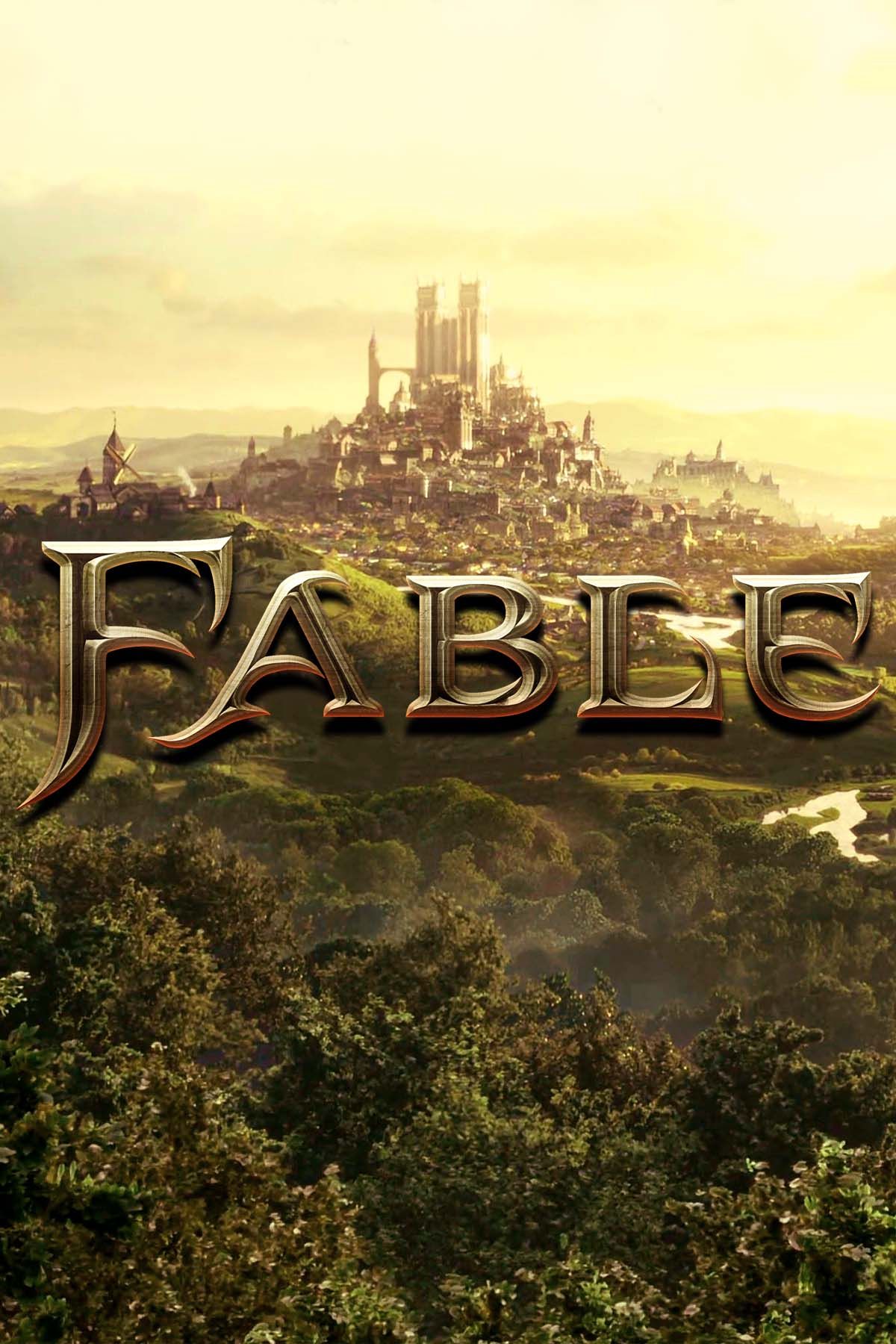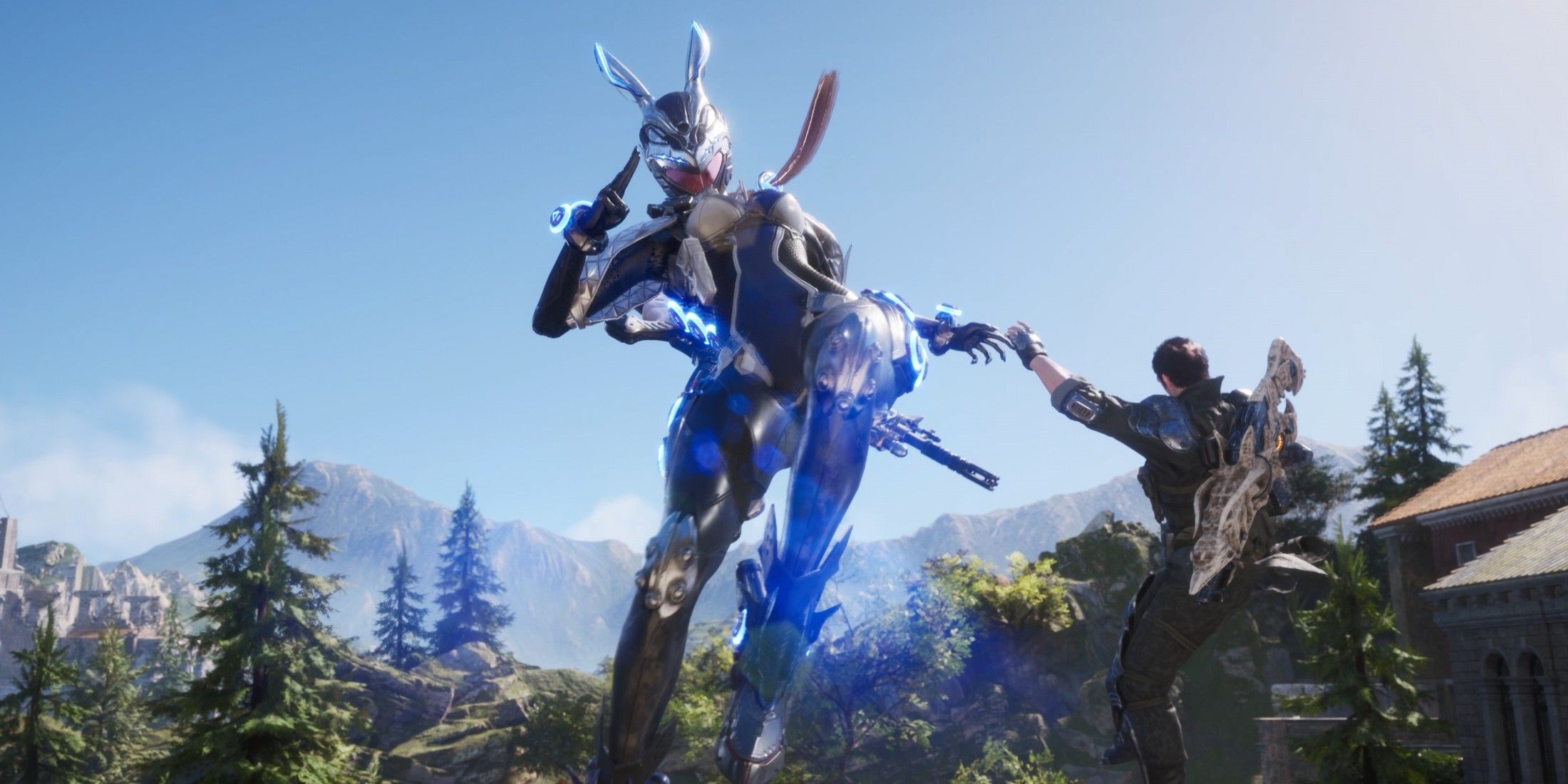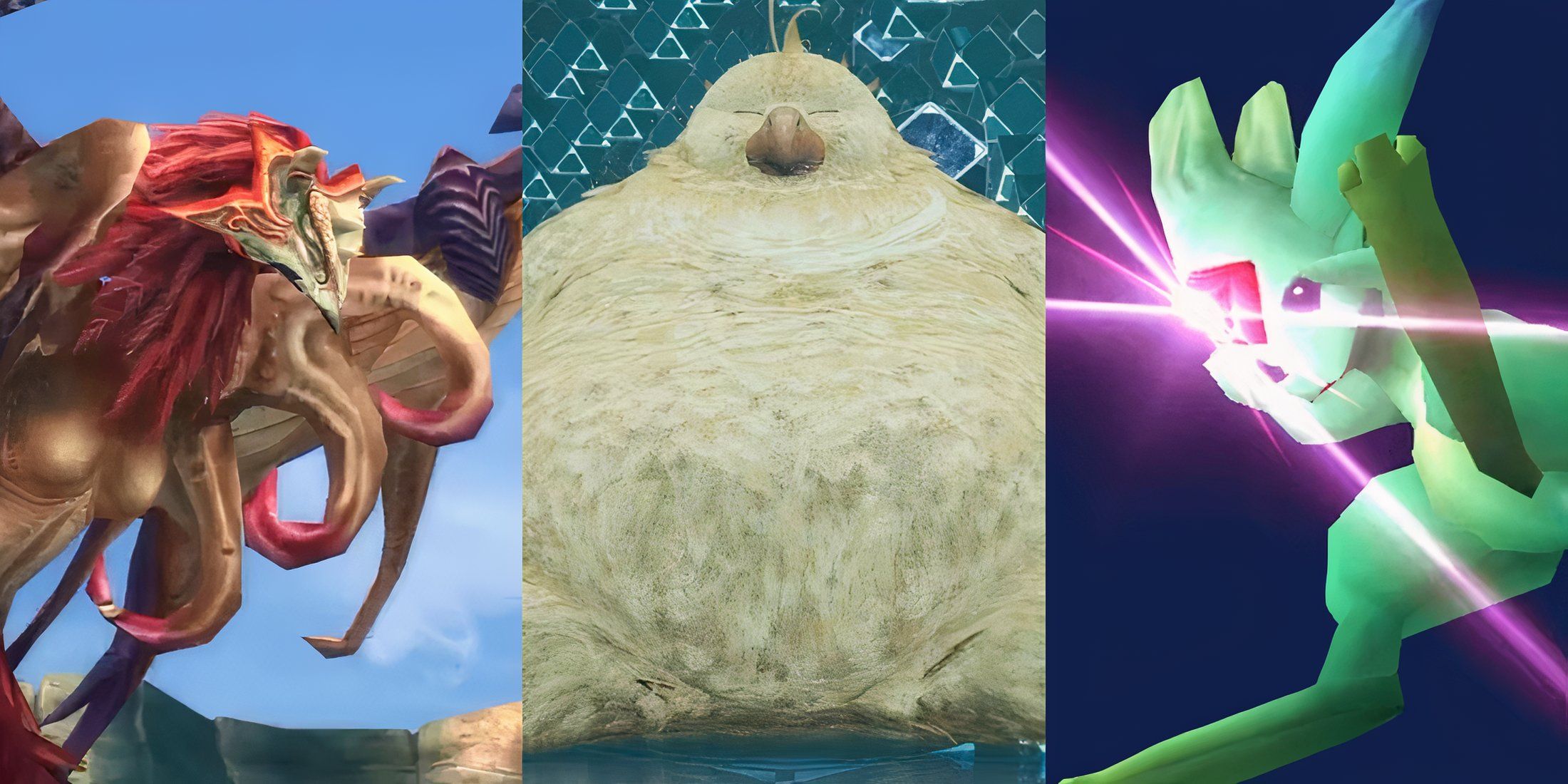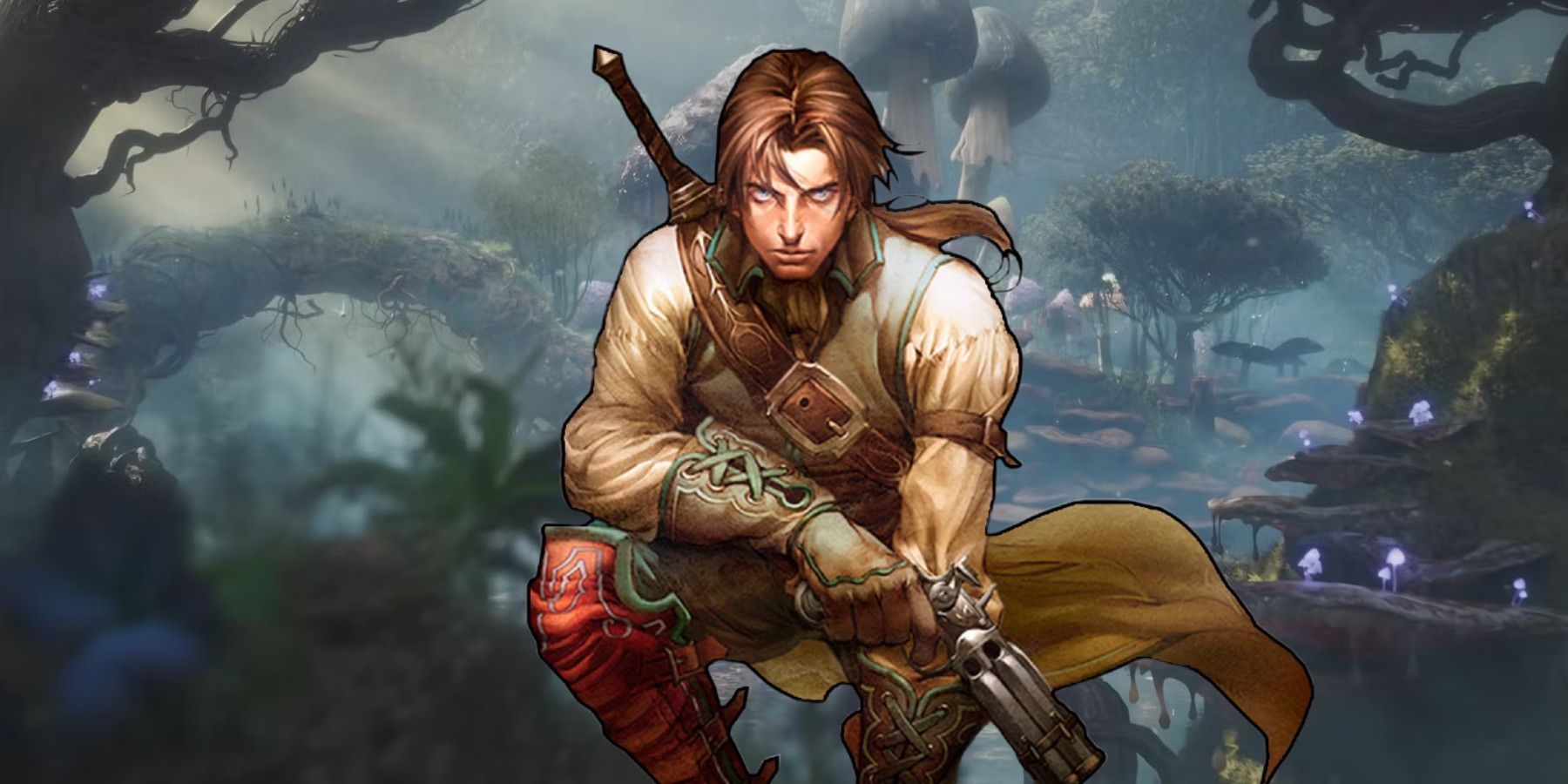Highlights
- The key to success for the Fable reboot lies in creating a flexible and versatile main character to meet RPG demands and honor the franchise's legacy.
- The new Fable should maintain the franchise's identity by allowing players to invest resources in a variety of skills and abilities, avoiding traditional class-building.
- The Fable franchise has a history of prioritizing a powerful, flexible protagonist over traditional class archetypes.
Hopefully, the Fable reboot will manage to recapture everything that made the original trilogy so beloved, and a key part of this execution will come down to the main character. While the hero of Fable will likely not be firmly defined, in keeping with series' tradition, they will have to be flexible and versatile enough to meet the demands of both the RPG genre and the legacy of the franchise.
It's possible that Fable will adopt more traditional RPG mechanics, but it would do well to retain the essence of the first three games. While genre staples like leveling, gear, and customization have all been major elements of Fable as a series, the games have leaned into a more specific game design angle, one that prioritizes charm, tone, and worldbuilding over boundless player freedom a la Baldur's Gate 3. This approach affects several facets of the series, including how classes and build-crafting work, and the newest Fable ought to maintain this design pillar.

Fable Has a lot of Crossover Potential, But It Should Be Smart in Leveraging It
Fable's history with crossovers has opened up the possibility of future collaborations in the next game, but it could go too far if not careful.
The Hero of Fable Should Follow the Footsteps of the Franchise's Previous Protagonists
How Classes Work In Fable
In some ways, Fable games adhere to typical RPG conventions, letting players invest resources in different skills based around melee, magic, and ranged options, seemingly setting the stage for a more traditional build-crafting system. However, the series (particularly after the first game) is far more flexible, letting players spec in to just about any ability or combat framework. This results in an experience that, while perhaps not boasting the same replay value as other RPGs, can be incredibly satisfying in terms of progression.
This approach to progression, though not offering much in the way of the meaningful choice that Fable is known for, can make playthroughs thoroughly rewarding, as the player-character will usually be at or near their maximum power by the end, not locked out of any major abilities. Moreover, this franchise's identity, which revolves around the growth of a hero who is almost comically powerful and talented in just about every way. In other words, Fable isn't about role-playing as a mage, ranger, or paladin—it's about role-playing as someone with god-like power.
Making Versatile Progression Work in the New Fable
Playground Games' Fable will likely retain many elements of the original trilogy's identity, even if it is more of a reboot than a continuation. Although the game might want to implement some more mainstream RPG features like character customization, it should steer clear of traditional class-building, keeping the focus on constant progression across all vectors. To this end, the protagonist will need to be able to straddle a number of different skills and abilities, not getting too definitively locked out of any particular path.
While this may change in the reboot, combat has arguably never been the best part of the Fable games , at least from a mechanical point of view. Rather, the broad combat toolbox, sense of power, and linear progression are what make the gameplay unique and enjoyable.
Making the hero of the next Fable a jack of all trades would be fairly easy from a narrative perspective, as the franchise has never taken itself too seriously and wouldn't need to explain why a character is so naturally talented at so many distinct areas. That said, there would still be room for a bit of creativity in this regard, especially if the game wants to set itself apart from the rest of the franchise. What it should avoid, however, is leaning too far into traditional RPG classes, as this would run the risk of making Fable too similar to other RPGs, which could spill over into the rest of the experience, making it less special.

Fable (2025)
- Franchise
- Fable
- Platform(s)
- Windows , Xbox Series X , Xbox Series S
- Developer(s)
- Playground Games
- Publisher(s)
- Xbox Game Studios
- Genre(s)
- Action RPG , Adventure



